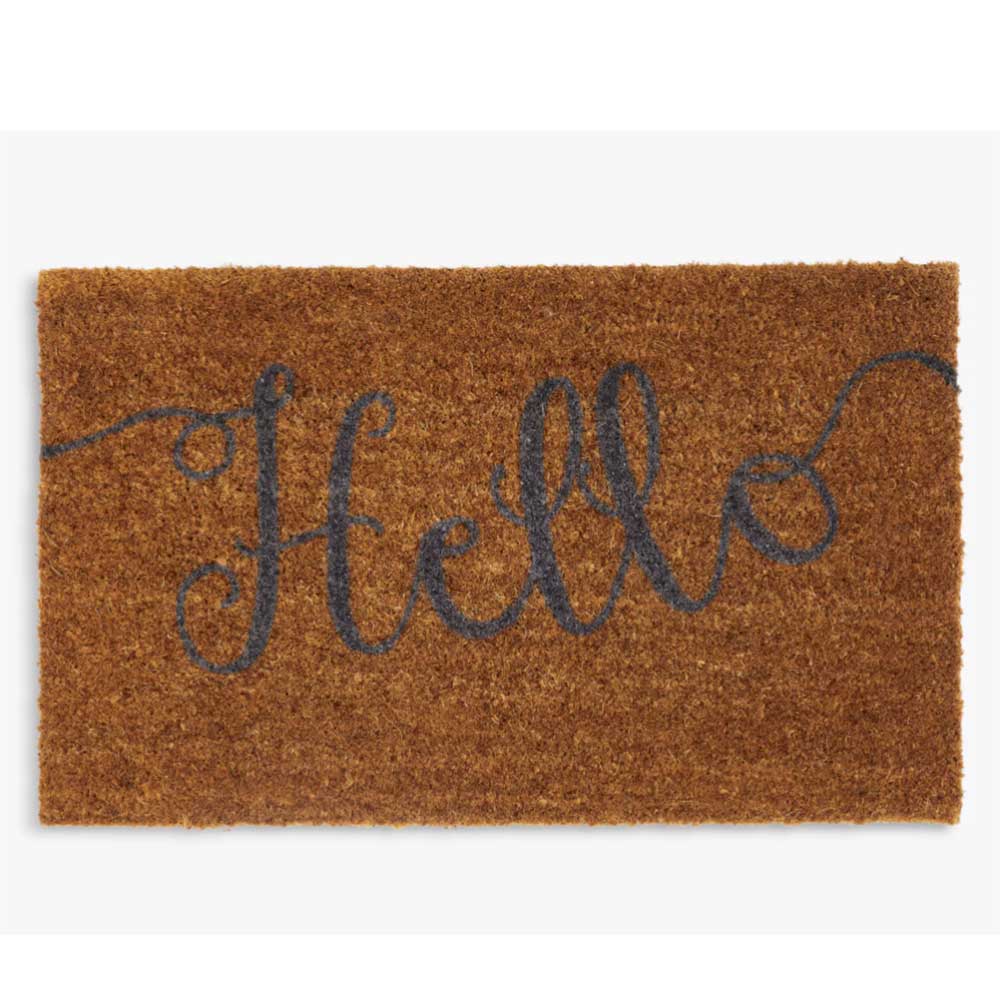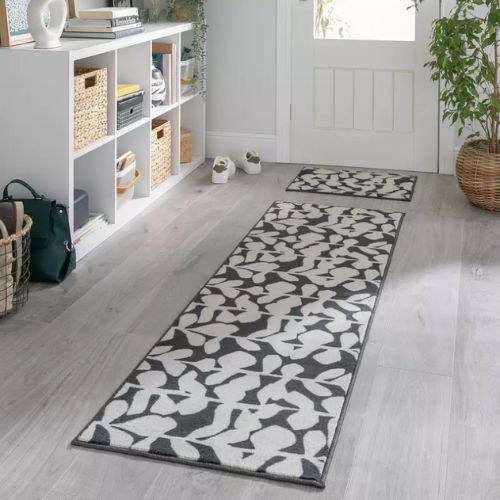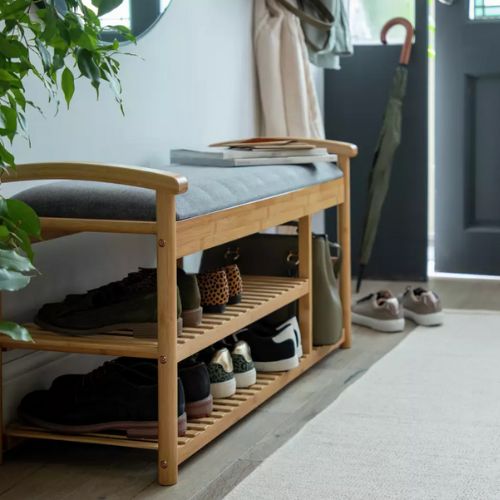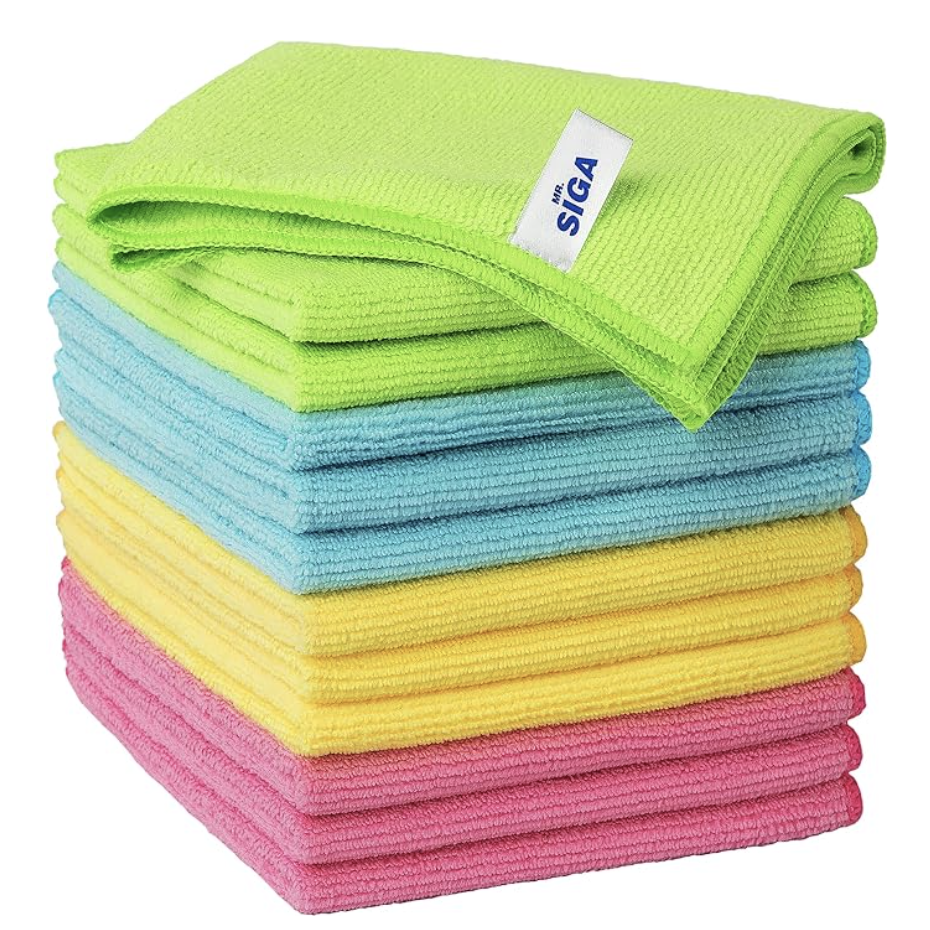Professional cleaners share 5 techniques they use to keep their homes tidy at all times
The house rules and daily habits the cleaning professionals swear by to maintain a tidy home at all times


We are all time poor, and often wonder how professional cleaners can clean so quickly, and if there are any secrets to maintaining a spotless home. So, we asked accomplished cleaning experts to share their professional tidying techniques to show how they keep their homes tidy at all times.
Below, they share some practical, time-saving tips about how to clean your house like a professional and ways to make it into more of a ritual with daily habits to keep your home clean and tidy.
A tidy house never seems to last long, whether we have children unleashing Lego in our living rooms, renovation projects turning our homes upside down, or simply feel like we're drowning in laundry.
There's no shame in hiring someone to do it for you, but if you're taking on household cleaning yourself, these tips will make it more manageable.
5 tips to keep a home tidy all the time
Keeping on top of domestic chores and maintaining a clean and orderly space ultimately comes down to consistency, having the right products on hand, and not accidentally making life harder for ourselves (for instance, we definitely want to avoid making common spring cleaning mistakes). Here is what the professionals recommend.
1. Clean as you go so it never piles up

The professionals are unanimous about cleaning and tidying your home as you go as the best technique for keeping their homes tidy. A policy of little and often, making a few minutes of cleaning part of your daily routine all year round.
"Adopting a 'clean as you go' mindset has been a game-changer for me,' agrees Johnny Nunez, CEO at E2E Cleaning Services. "Cleaning up immediately after use, whether in the kitchen or bathroom, prevents dirt from setting in. This habit also reduces the need for time-consuming deep cleans and keeps the home consistently tidy." It's so easy to let things slide, but cleaning the kitchen little and often, and getting rid of dust promptly will mean cleaning never takes over your entire weekend.
Sign up to our free daily email for the latest royal and entertainment news, interesting opinion, expert advice on styling and beauty trends, and no-nonsense guides to the health and wellness questions you want answered.
So in terms of how often to clean your house, Johnny recommends spending 15 minutes daily tidying up to prevent mess and dirt from accumulating. "This approach makes deeper cleaning sessions much more manageable and keeps the home looking neat with minimal effort."

Johnny is CEO of E2E Cleaning, a cleaning company with a heart for quality and people using technology. As a professional cleaner with years of experience, Johnny has honed techniques and strategies to keep homes tidy and clean efficiently.
2. Have a 'rug policy'
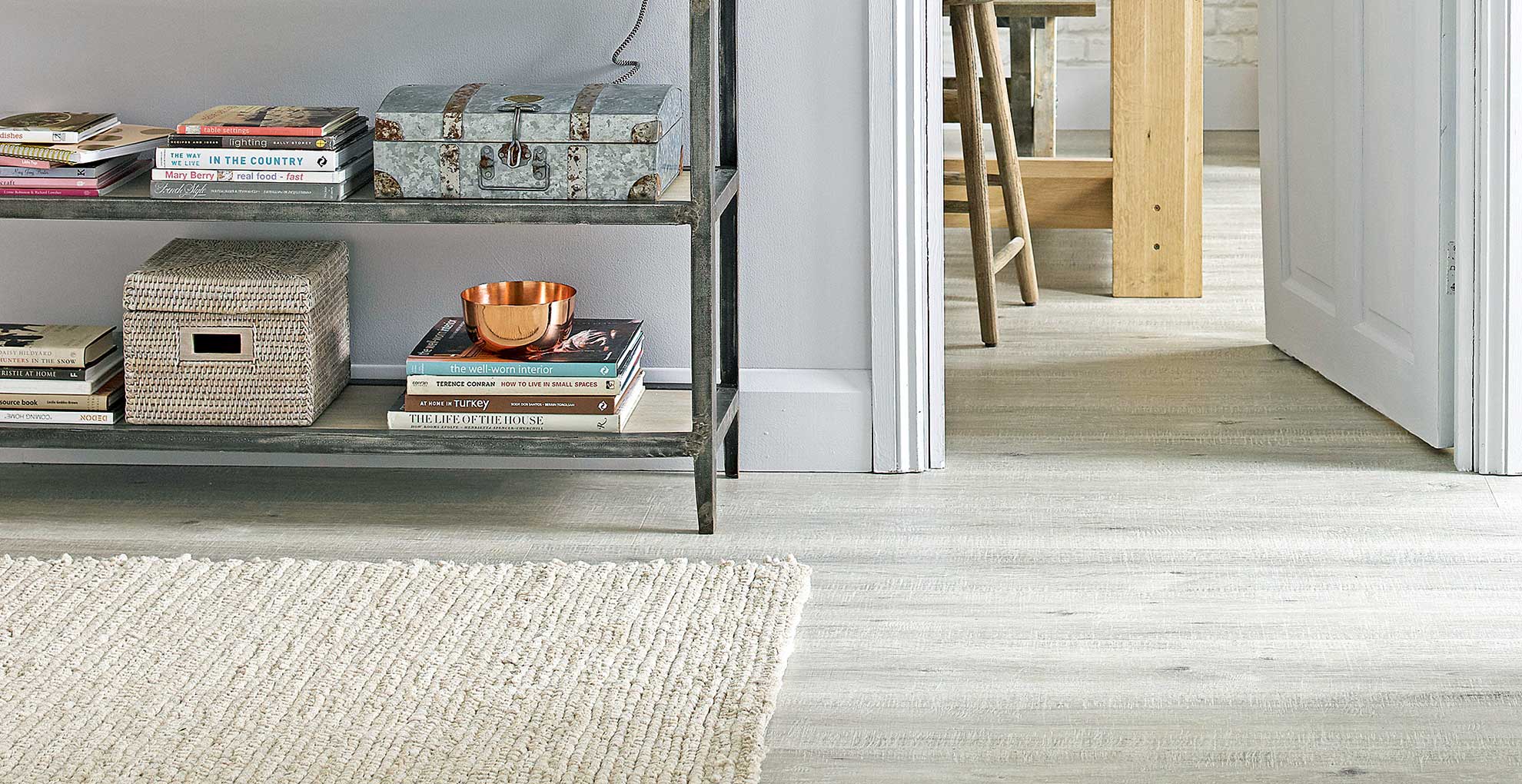
"Long ago, I established a 'rug policy' outside and inside my home entryways," shares Alicia Sokolowski from AspenClean. "This helps to keep the outside debris and dirt from getting too far into my house." A new doormat on the inside and outside of your front or back door is such a small thing that can make a space feel different, and there are lots of fun and stylish options out there.
"A no-shoes-inside home can also be more hygienic," Alicia adds. All kinds of bacteria can be tracked in on our shoes, especially in cities, so a no-shoes policy is definitely justifiable. "It's helpful to clean, shake, or brush those rugs regularly because debris and dirt will accumulate there."

Alicia is the President and Co-CEO at AspenClean, which provides all-natural, chemical-free cleaning services that have revolutionised the cleaning industry and changed the way people clean their homes. With over 17 years of experience, Alicia specialises in creating a healthier, green alternative to chemical-based cleaning products and services.
3. Make a list before tidying
Making a list, and not trying to do a million things at the same time, was a game-changer for me when spring cleaning this year (as did "employing" myself to clean). "It's always good to assess and list the tasks before cleaning, ideally per room," says Alicia Sokolowski. "Try to write down only the tasks you will have time to do, as you might get frustrated if you don't have time to clean everything at once."
Cleaning takes time and is not the same as tidying and decluttering. So all we can do is chip away at it, and a list helps me to prioritise tasks and therefore clean more quickly because I've planned what I'm going to tackle beforehand. As soon as one job is done, you're straight on to the next.
Taking a moment to plan your cleaning session can help you use your time more efficiently, for example, spray down the bathroom surfaces, and then leave the products to get to work while you take out the bins and dust the rest of the home, before going back to finish cleaning the bathroom. Or run a laundry load and put on the dishwasher first, and end the cleaning session by hanging clothes to dry and unloading the dishes.
4. Clean the things that clean your home
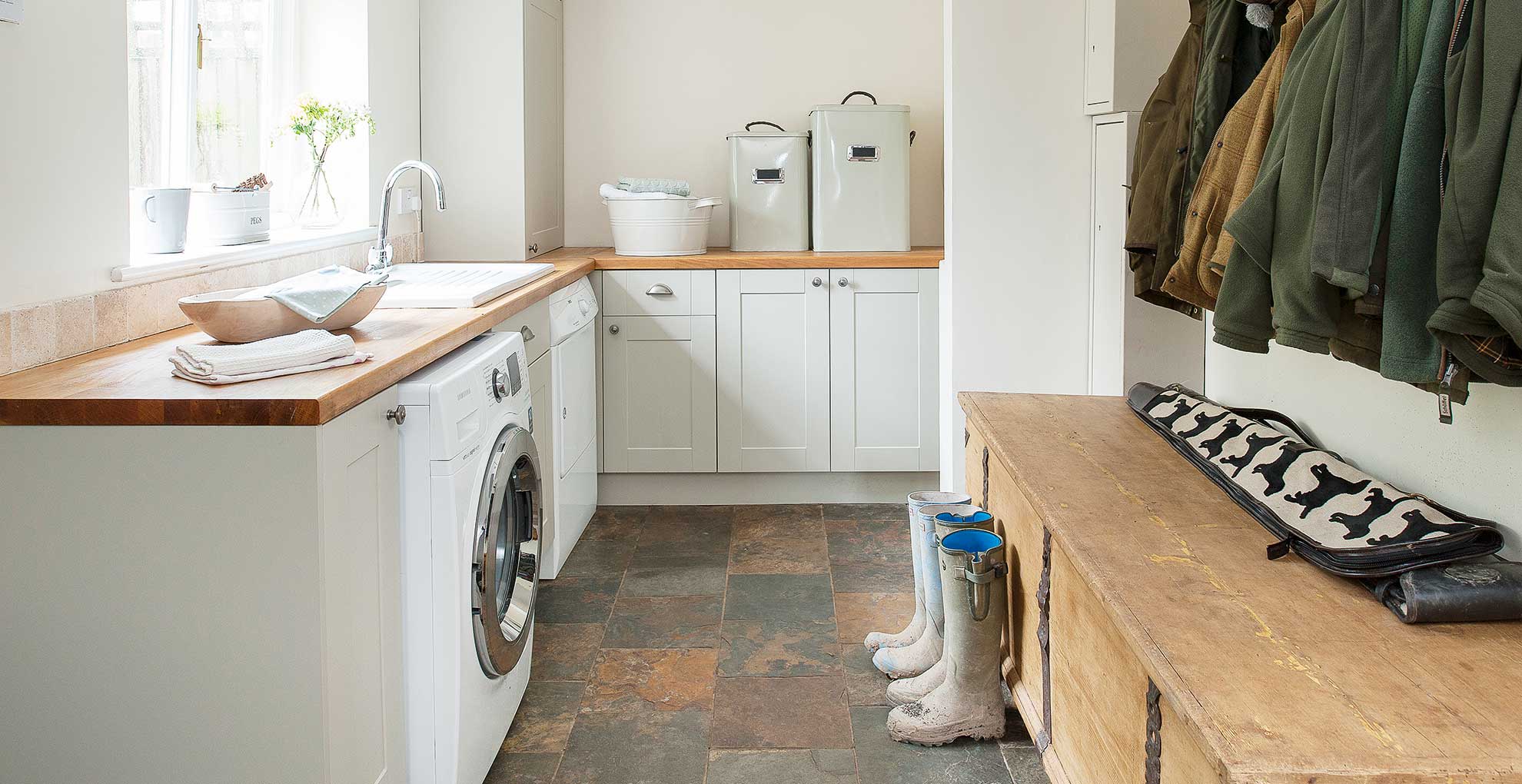
One of the best cleaning tips I've heard came from Queen of Clean Lynsie Crombie, who explains how important it is to "clean the things that clean" – so cleaning your microfibre cloths, cleaning your dishwasher and cleaning your washing machine. Because maintaining a clean home is an endless cycle but it's even harder when these workhorses are dirty or not functioning as they should.
"Using dirty cleaning tools simply spreads bacteria, dust, and dirt around your home," comment the experts at David Wilson Homes. "Tools like cleaning cloths, toilet brushes, and mop heads should be cleaned or sanitised after each use. And don’t forget to regularly empty your vacuum cleaner and change or wash the filter."
These jobs aren't appealing but they're the difference between 'socially clean' (having clear counters) and 'hygienically clean' (actually having sanitised worktops).
5. Clean in the right order
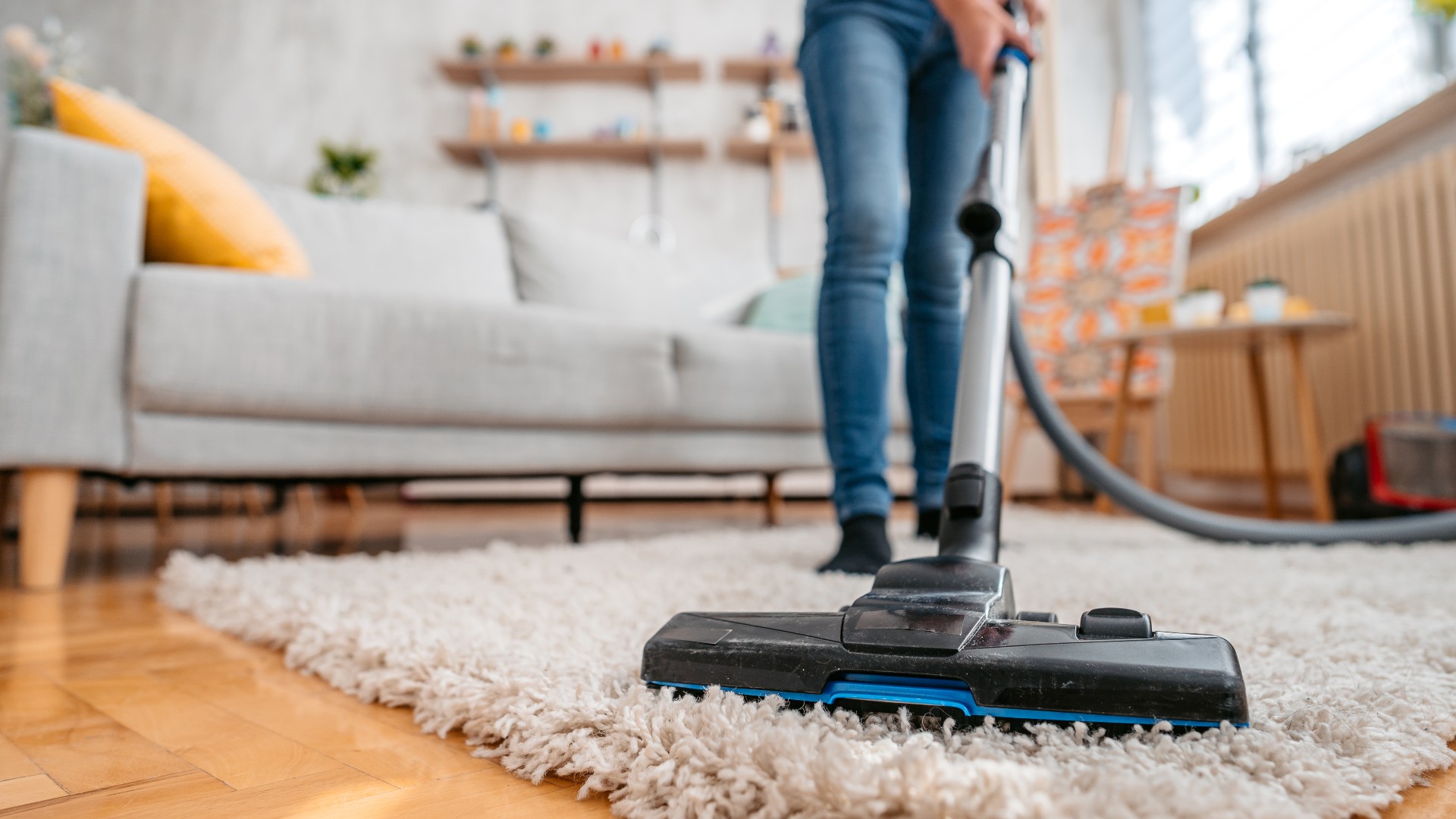
Gather your cleaning products in a cleaning caddy, at Amazon, so you have everything you need at hand, and then clean and dust from high to low, and clockwise around the room. It's always a good idea to ventilate your space while cleaning and give extra attention to high-touch areas, such as switches, kettle handles, and remote controls.
Remember to do 'dry cleaning' tasks first: "Regarding cleaning the floors, I will always vacuum first ('dry cleaning') and then wipe or mop my floors. That way, the mop doesn't catch all the unnecessary dust and get dirty faster," says Alicia Sokolowski. "Speaking of vacuum cleaners, you should keep in mind that all attachments have their purpose."
"Remember to always clean from top to bottom because dust can fall, and it will be a waste of your precious time and a bit of frustration to wash again because you didn't do it this way."
How do house cleaners clean so fast?
The secret of professional house cleaners cleaning so fast is all about good techniques. "Efficiency is the secret," says cleaning expert Johnny Nunez. "Professional cleaners have a systematic approach, using the right tools and techniques to avoid wasting time. This includes a top-to-bottom cleaning method, using microfibre cloths for effective dusting, and the two-bucket method for mopping. Experience and practice also play a significant role in speeding up the cleaning process."

Millie Hurst is a freelance writer and interior designer based in Sheffield, helping clients create homes that are characterful, curated, and highly functional. Interior design inspirations include Jake Arnold, Beata Heuman and Abigail Ahern. Her personal style is a 'liveable maximalism' with boho, nature-inspired designs.
She has seven years of experience in the world of digital journalism, most recently working as Head of Solved at Homes & Gardens, where she wrote and edited countless features on home organisation, decluttering and interior design. Before that, she was Senior Content Editor at Ideal Home.
